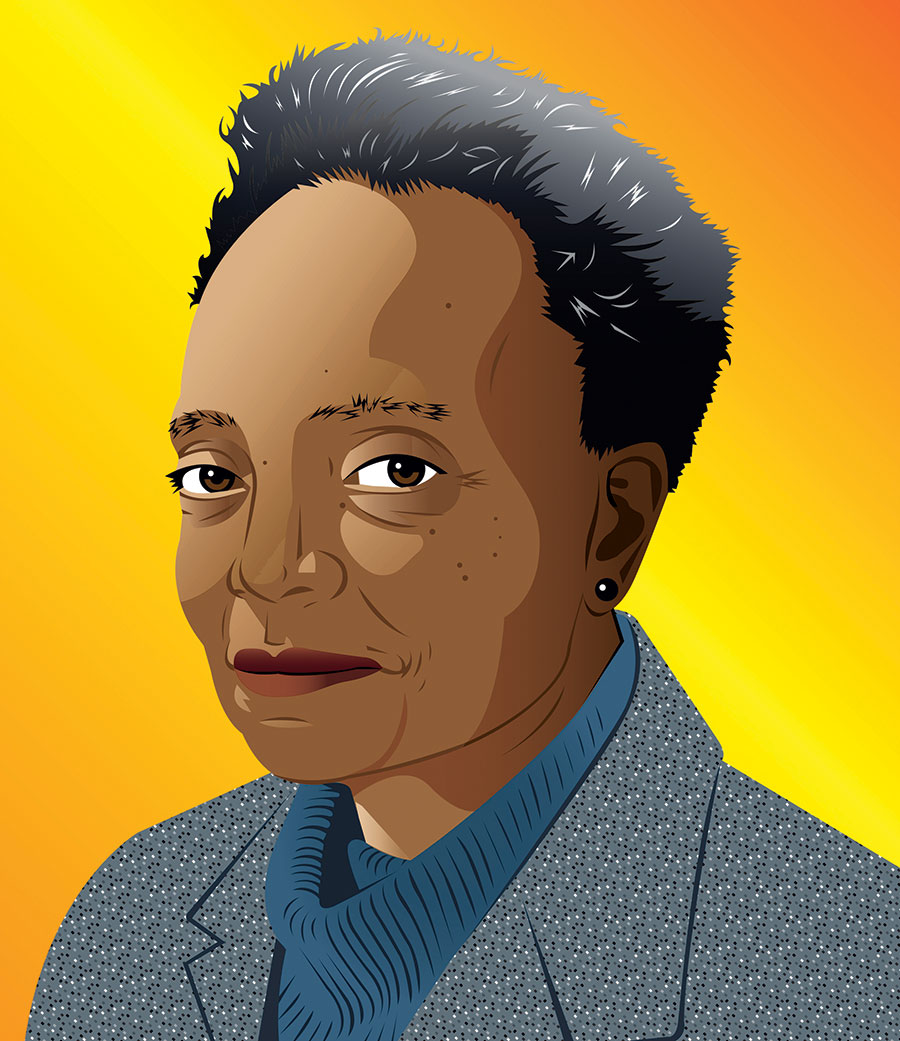■ Being a big-city mayor is a really, really hard job. There are a lot of people shooting at you. You’ve got to know who your enemies are and know that they’re working every single day to undermine you. I don’t know that I totally appreciated that early on.
■ You’ve got to make sure that what you’re doing reflects the lived experience of the people you’re supposed to be helping. That means going into the community and listening — and sometimes facing a lot of hostility, because people are cynical. They’ve watched others come and go and make promises that are not kept. But if you really want to get to the heart of things, you’ve got to be willing to take your licking.
■ Going through COVID made me a better leader. It gave me a master’s class in crisis management, crisis communications, how to build consensus, how to communicate in a way that gave people comfort. Every leader has their moment, and that was mine.
■ Someone once asked me, “What would you have done differently?” Ridiculous question. What I would say is that if you have the time to build authentic relationships, that’s always best. But sometimes you don’t have the time. Sometimes you’ve got to say, “I need you to be a grownup and work with me here.”
■ So much of what I saw in politics was just transactional: “What will it take for me to get you to give me X?” That’s really not how I operate. You should do things because it’s the right thing to do. And I often found myself being the only one who felt that way. That was difficult for me to navigate, for sure, because I was often appalled by what I saw. So I don’t want to do anything like that again.
■ There were very low expectations for me as a student at the beginning of my elementary school years. I remember in first grade, there was a threshold to read 25 books. I read 50, and they were shocked that this young Black girl from a family that had nothing had this intellectual spark and curiosity. My teachers recognized that I was somebody they should invest some energy in. And so they did. When I graduated from high school, all my elementary school teachers came to my graduation party.
■ My mother was a big catalyst in shaping who I was in those early years, reminding me of her expectations for me — to get good grades, succeed, and stay out of trouble. She and my father both grew up in the segregated South and their lives were shaped by that, but my father was forever traumatized by it. And then he lost his hearing. So as a Black, high-school-educated, disabled man, he had this iron dome over what he could do with his life. I think he had aspirations for his children, but he saw the limitations. My mother saw more of the opportunities.
■ I spent too many of my younger years being afraid of failure. And when I got over that, it just opened up lots of other possibilities for me. Everybody gets insecure. But you can’t let it come to a point where it’s debilitating.



